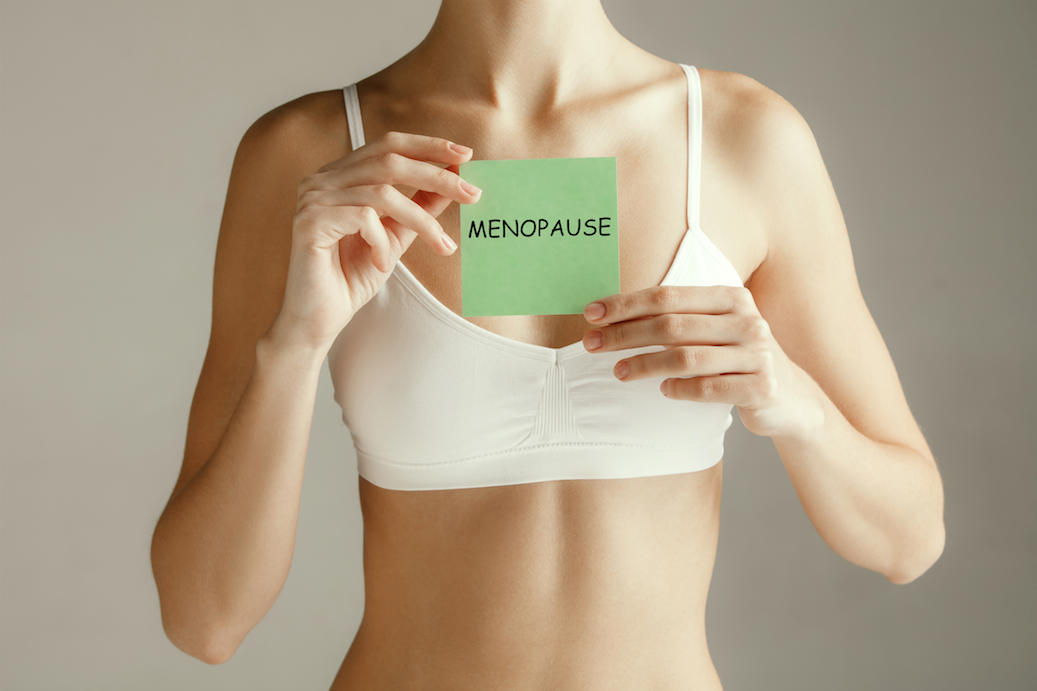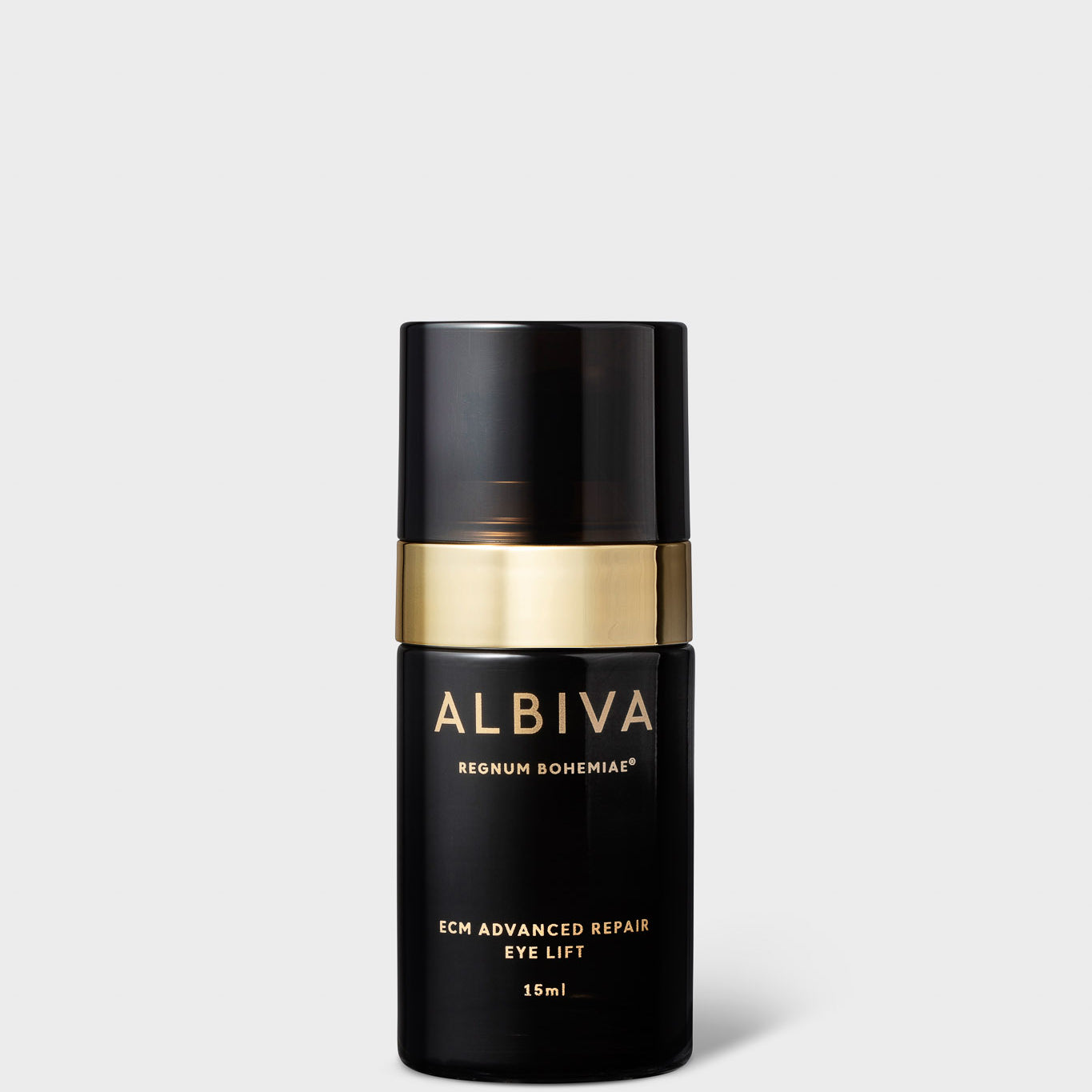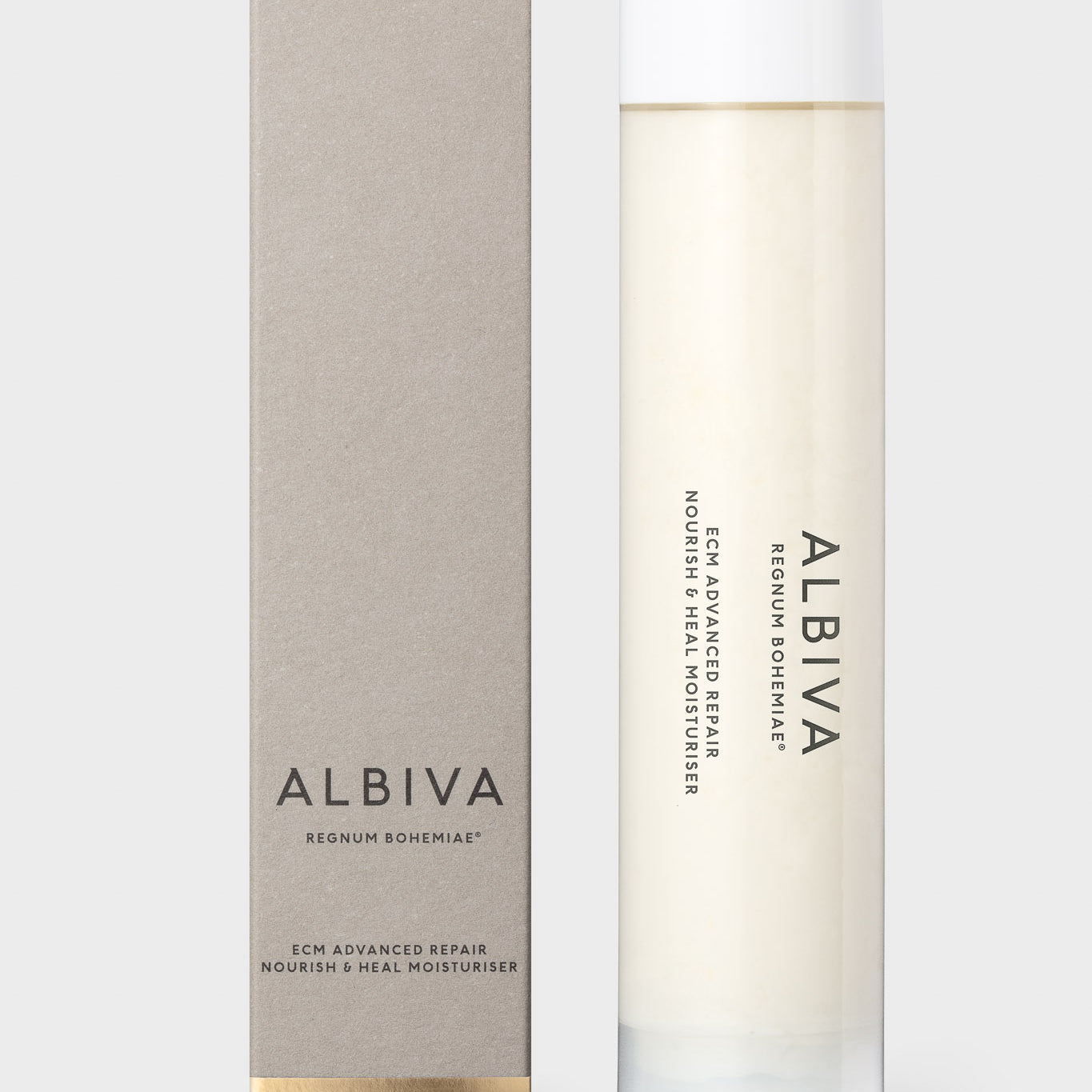HOW YOUR SKIN CHANGES DURING PERIMENOPAUSE AND MENOPAUSE.

Are you experiencing changes in your skin such as dryness, redness, dullness, wrinkles, sun spots, irregular skin tone, lack lustre skin, bruising, spots or acne? You could be going through menopause. Skin changes are very common during the perimenopause and menopause.
What is menopause?
The menopause occurs when your ovaries no longer produce eggs and, as a result, the levels of hormones called estrogen, progesterone and testosterone fall. During perimenopause you are still having periods, but your hormones fluctuate and you can experience same menopausal symptoms. Estrogen protects a number of different systems in your body, including your skin.
One of the most common complaint among women around the time of the menopause is dry skin. Estrogen is required for the skin’s natural hydration mechanisms, as it helps the skin produce ceramides, natural hyaluronic acid and sebum. Without these substances, water evaporates very easily causing the skin to become dry and scaly.
What you can do
- Use a gentle cleanser, such as our Nourishing Cleanser, which won’t strip away natural skin oils.
- Use a hydrating products, such as our Hydration Booster, containing hydrating ingredients and humectants (hyaluronic acid, glycerine) which attract and bind water in your skin.
- Use moisturisers or serums containing ceramides, fatty acids, nourishing oils such as our Nourish & Heal Moisturiser or Contour Serum. Moisturisers help the skin hold onto more water and prevent it from drying out.
Estrogen is necessary for collagen production and its deficiency weakens the skin. Collagen is a protein that gives strength to the skin. Without this, the skin-loses its tightness and becomes more prone to fine lines and wrinkles, which add to the signs of ageing. 30% of skin collagen may be lost in the first 5 years after menopause.
What you can do
- Choosing serums that contain ingredients that can help preserve the skin collagen levels (including topical retinoids and vitamin C) can be helpful. Our Revitalise & Contour Serum contains:
- Brown Algae extract that stimulates Collagen III synthesis and Matricial & Peri-Membranar Proteoglycans synthesis— both resulting in firming effect.
- Gemmotherapy: Safflower Bud Extract. The extract contains proline‚ an amino-acid and a precursor of pro-collagen synthesis.
- Spilanthes Acmella Extract: Renowned for high content of alkylamides‚ boosts cellular dynamism by stimulating fibroblast biomechanical function‚ which in turn reorganises & tightens the collagen fibre network. This reinforces the architecture of the dermis‚ enhances density of the skin and firmness.
- You can also cut out habits that cause the skin collagen levels to decline, such as damaging sun exposure and smoking.
- Consider replacing your lost estrogen by taking HRT, sooner rather than later, as this can help preserve the skin’s collagen levels.
Around the menopaus the signs of sun damage may become more prominent. Many sun damage sufferers experience irregular skin tone, lack lustre skin and sun spots. Sun spots are flat brown marks that show up on the face, décolleté and arms. Thread veins, lines or wrinkles may develop.
What you can do
- SPF is your best friend.
- Topical serums formulated to even out skin tone, brighten and tackle hyperpigmentation, such as our Brightening Serum can be helpful. Our serum is also full of antioxidants tackling the ROS (reactive oxygen species) that are produced upon sun exposure.
Many women have spots / acne flare ups around the menopause and it is not clear why. It is possible that a drop in estrogen means the ratio of male hormones is relatively higher, and this may trigger acne.
What you can do
- Use a mild cleanser that contains salicylic acid, as this will help exfoliate the skin and unblock pores.
- Vitamin A (retinol) and niacinamide (vitamin B3) which you can find in our ECM Advanced Repair range are useful ingredients to include in a skin care regime if you are prone to outbreaks.
- Arzanol found in our Hydration Booster is extracted from immortelle flower whose antibiotic and antimicrobial properties make it a great natural cure for acne – it works without drying the skin or causing redness and other unwanted side effects. (Line the ones by harsh chemical acne treatments and medications).

Did you know that that during the menopause, women lose bone density (bone strength) from the facial bones and this may contribute to many of the facial changes women notice? Bones become smaller, as old bone tissue is lost faster than new bone tissue grows. On the face, the loss in bone mass causes hollowing in the mid face, narrowing of the chin, jowling (sagging skin below your chin or jawline) and loss of jaw line definition.
The change in facial appearance that occurs with the menopause can be very distressing for many and can severely affect self-confidence and quality of life. Therefore our skincare routines, and addressing the various skin changes early can have a beneficial effect towards our overall wellbeing.






